OverActive Media, the parent company of Activision Blizzard franchised teams in the Overwatch League (Toronto Defiant) and the Call of Duty League (Toronto Ultra), has confirmed that all OWL entry fees yet to be paid have been waived.
According to a press release from the company, the entry fee value was priced at $6 million.
In June, the Sports Business Journal reported that OverActive Media’s deal also extends to the rest of the league, who have had their entry fees waived as well. OverActive has made their statement while the others have remained silent because they are a public company, and are required by Canadian law to disclose pertinent business information. Inaugural Overwatch League slots were valued at around $20 million, while expansion league slots were valued at approximately $30-35 million. The Defiant were an expansion team. According to OAM CEO Adam Adamou, the elimination of the entry fee balance was contingent on finishing the season.
Details about the waiving of fees and a vote to take an additional $6 million to bail from the league have been public knowledge since the summer. Put simply, this is the beginning of the end for the Overwatch League as we know it from a business perspective, the canary in the coal mine for the decisions that CEOs are about to make about their franchised slots.
The legacy of the previous formation of the Overwatch League will go down in history as both a comical misreading of esports as an industry and the effects of the COVID-19 pandemic. The league, which was modeled after traditional sports franchised leagues like the NFL and the NBA, abandoned its short history of brands, competitions, and teams for geolocated teams and a home/away plan for the future. It was a colossal misread of esports’ fans ties to regional fandom as opposed to fandom of individual players, and an even bigger misread of esports’ growth in reality as opposed to potential.
While the league fell far short of the sky-high expectations outlined in the Morgan Stanley report, one could argue the league was also harmed by the pandemic. Just as the league was set to expand to its homestand model, international travel was mostly banned, and large gatherings of people were unsafe.
Either way, the future is starting to clear for the Overwatch League. Unfortunately for OWL fans, that future looks very short.


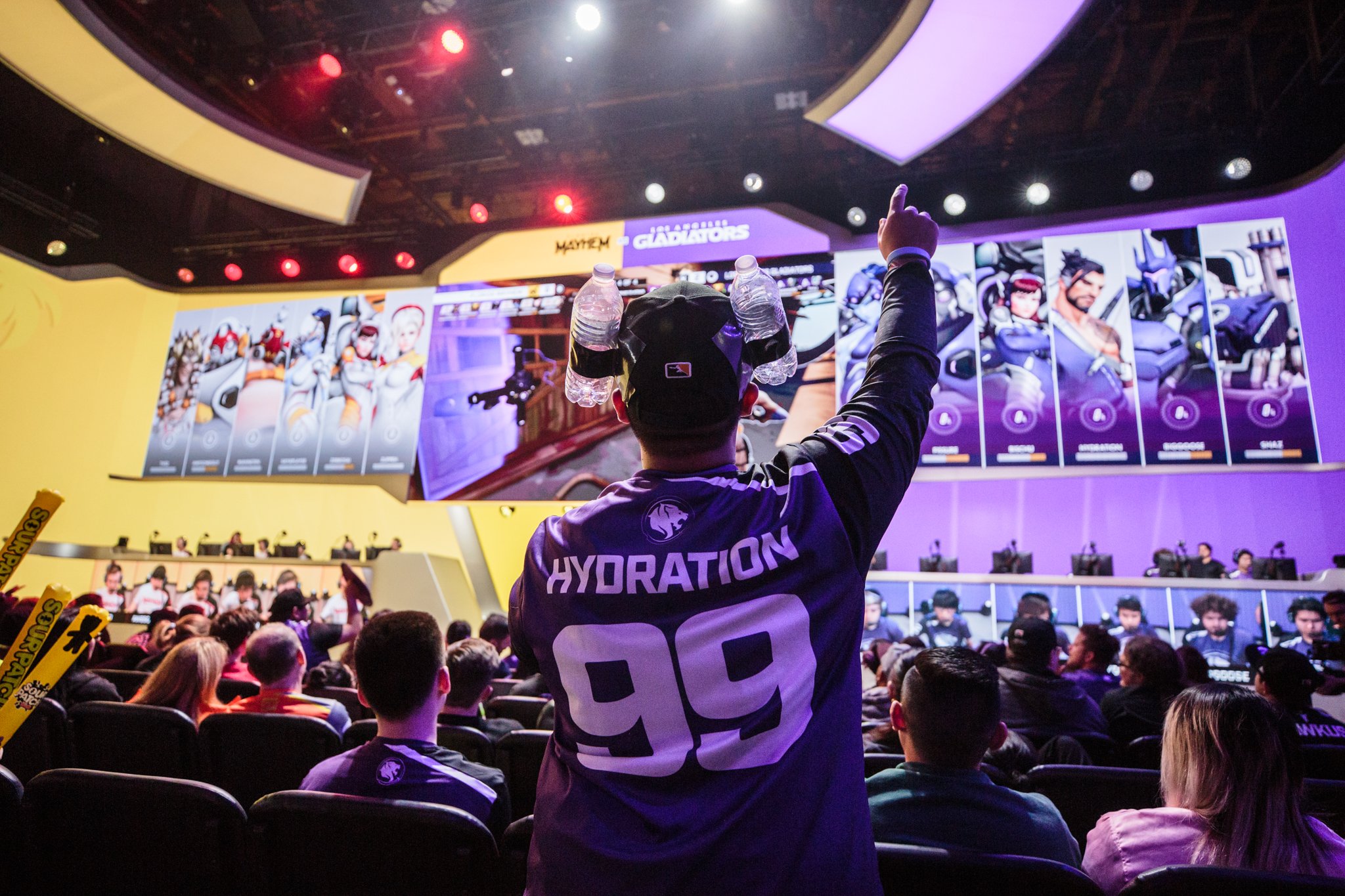
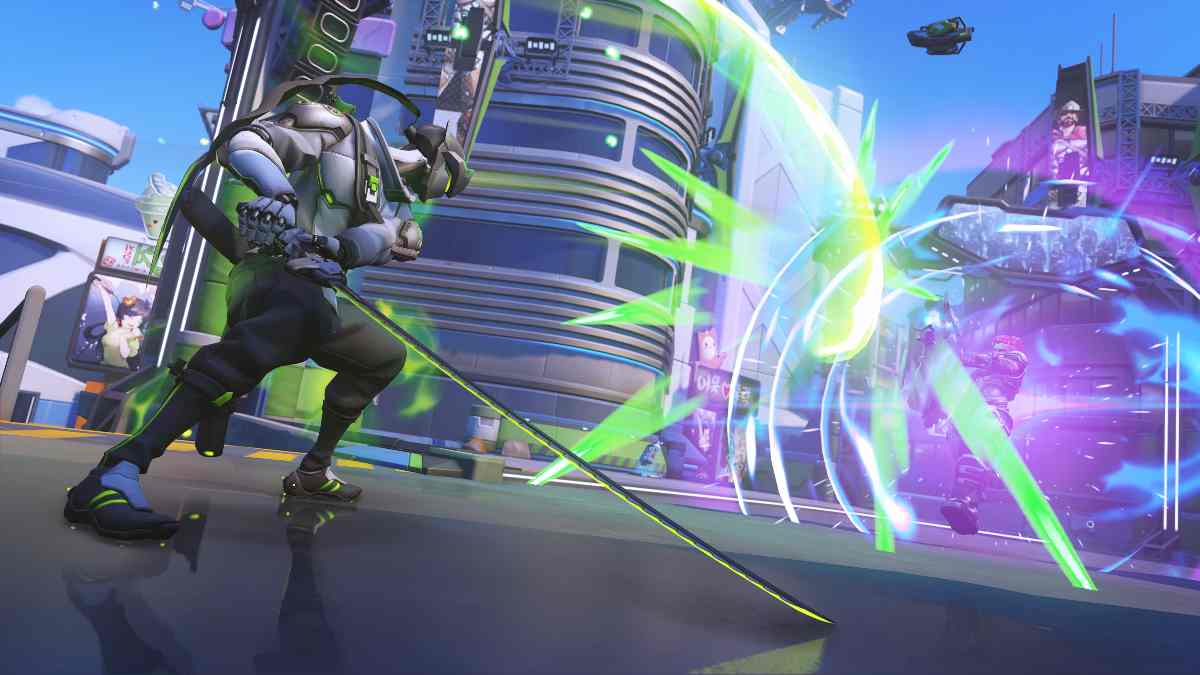
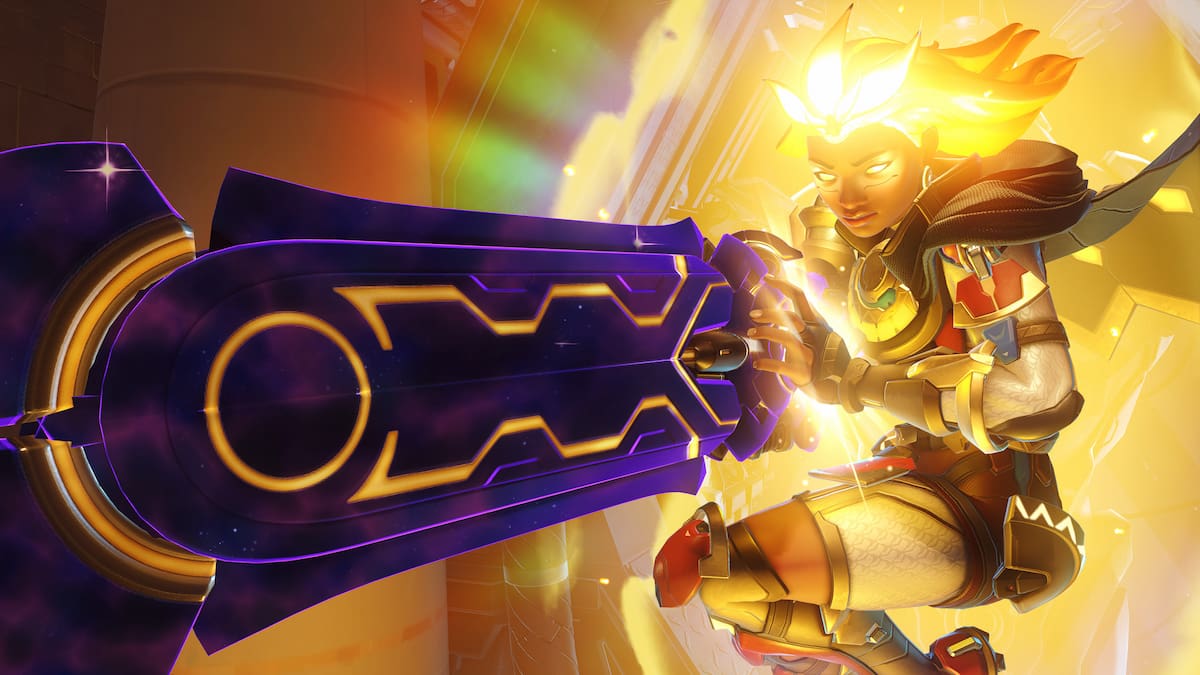


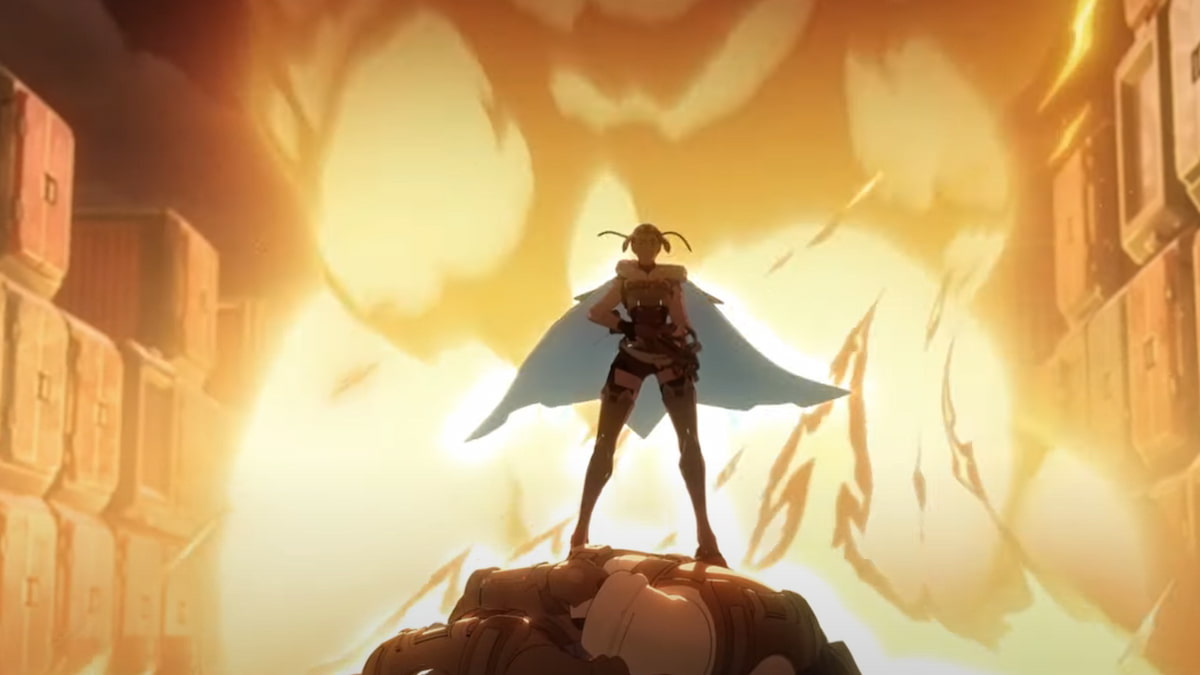

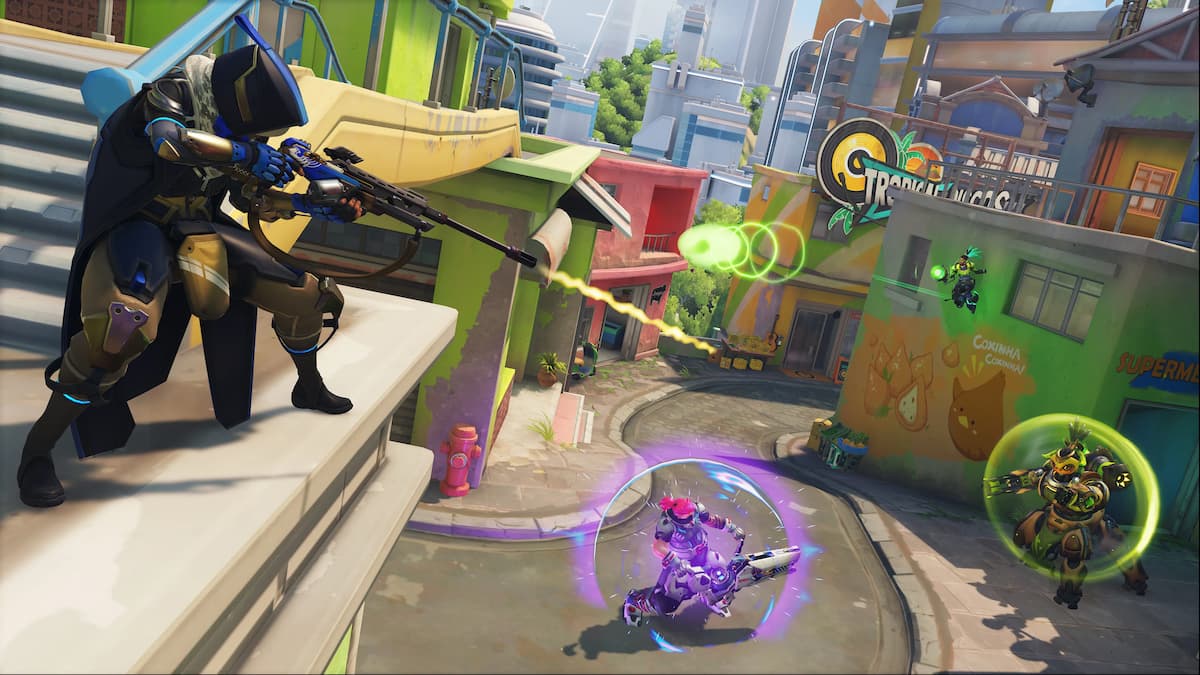
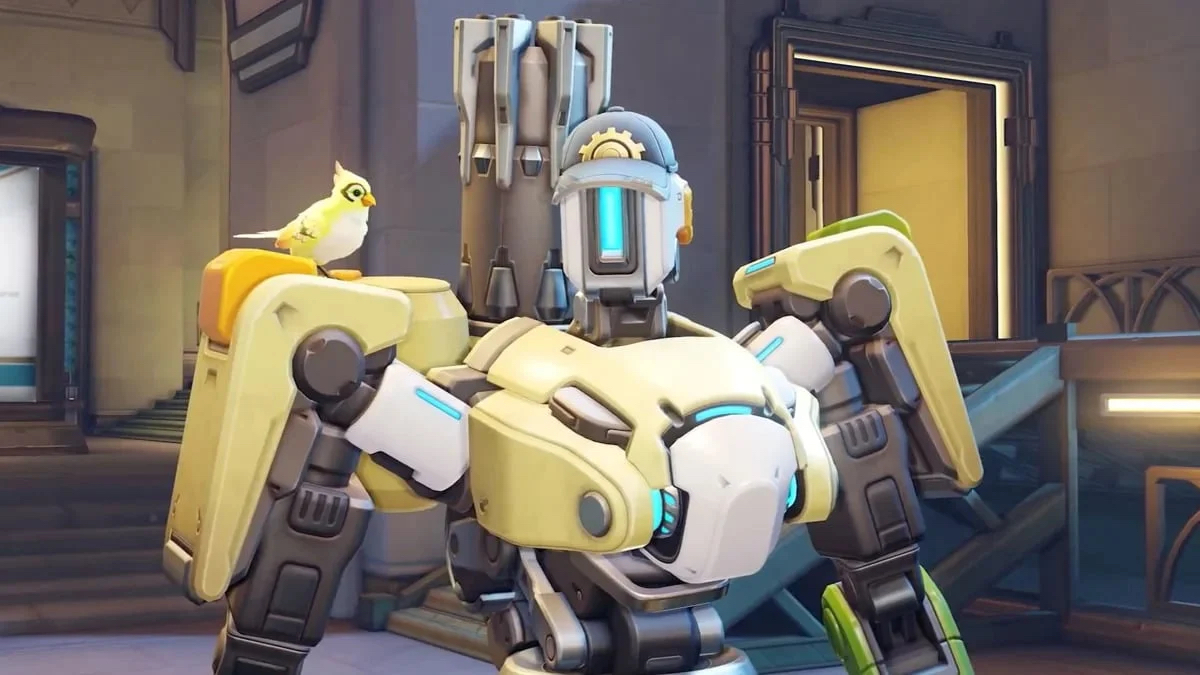
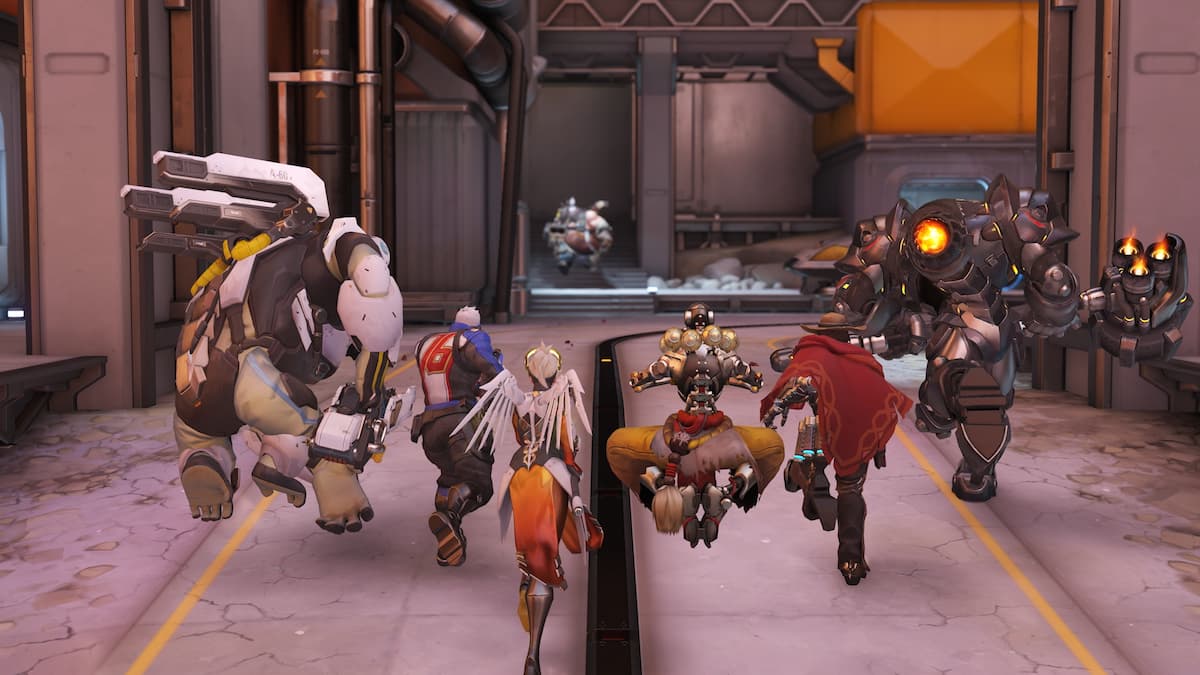

Published: Oct 19, 2023 11:36 am